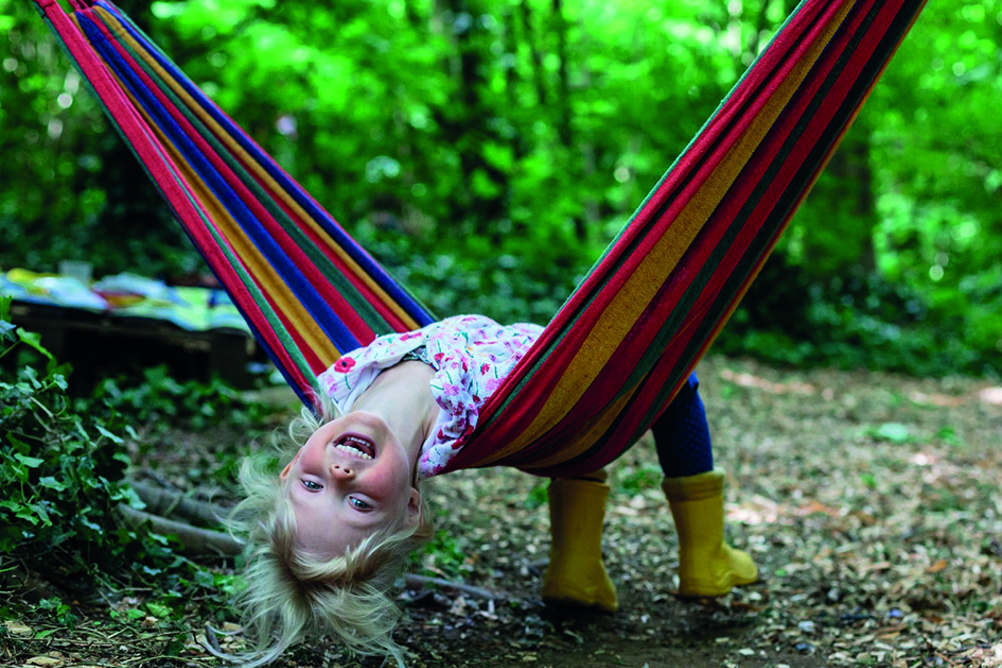
Now that spring is here, it is time to take a fresh look at how your outdoor space can be enhanced to offer more learning opportunities, while supporting risk, challenge and inclusive practice.
Outdoors free-play allows children to develop self-regulation, problem-solving skills, resilience and freedom to subjectively assess uncertain situations. Whatever a nursery's situation, there are always ways to ensure children are involved in outdoors experiences, with the primary consideration being that of enthusiastic adult involvement and a child-centred approach.
 Sarah Watkins is an author, associate lecturer at University of Worcester and is also owner and Forest School leader at Dandy Lions, an outdoor play provision in Herefordshire. Sarah has first-hand knowledge of settings overcoming limited outside play space. ‘An outdoor learning environment that supports risky play is one that balances challenge with safety, allowing children to explore, experiment and grow,’ she says. ‘It's not about removing risks entirely but about creating a space where children can test their limits in a controlled, supportive way.’
Sarah Watkins is an author, associate lecturer at University of Worcester and is also owner and Forest School leader at Dandy Lions, an outdoor play provision in Herefordshire. Sarah has first-hand knowledge of settings overcoming limited outside play space. ‘An outdoor learning environment that supports risky play is one that balances challenge with safety, allowing children to explore, experiment and grow,’ she says. ‘It's not about removing risks entirely but about creating a space where children can test their limits in a controlled, supportive way.’
Register now to continue reading
Thank you for visiting Nursery World and making use of our archive of more than 35,000 expert features, subject guides, case studies and policy updates. Why not register today and enjoy the following great benefits:
What's included
-
Free access to 4 subscriber-only articles per month
-
Unlimited access to news and opinion
-
Email newsletter providing activity ideas, best practice and breaking news
Already have an account? Sign in here









